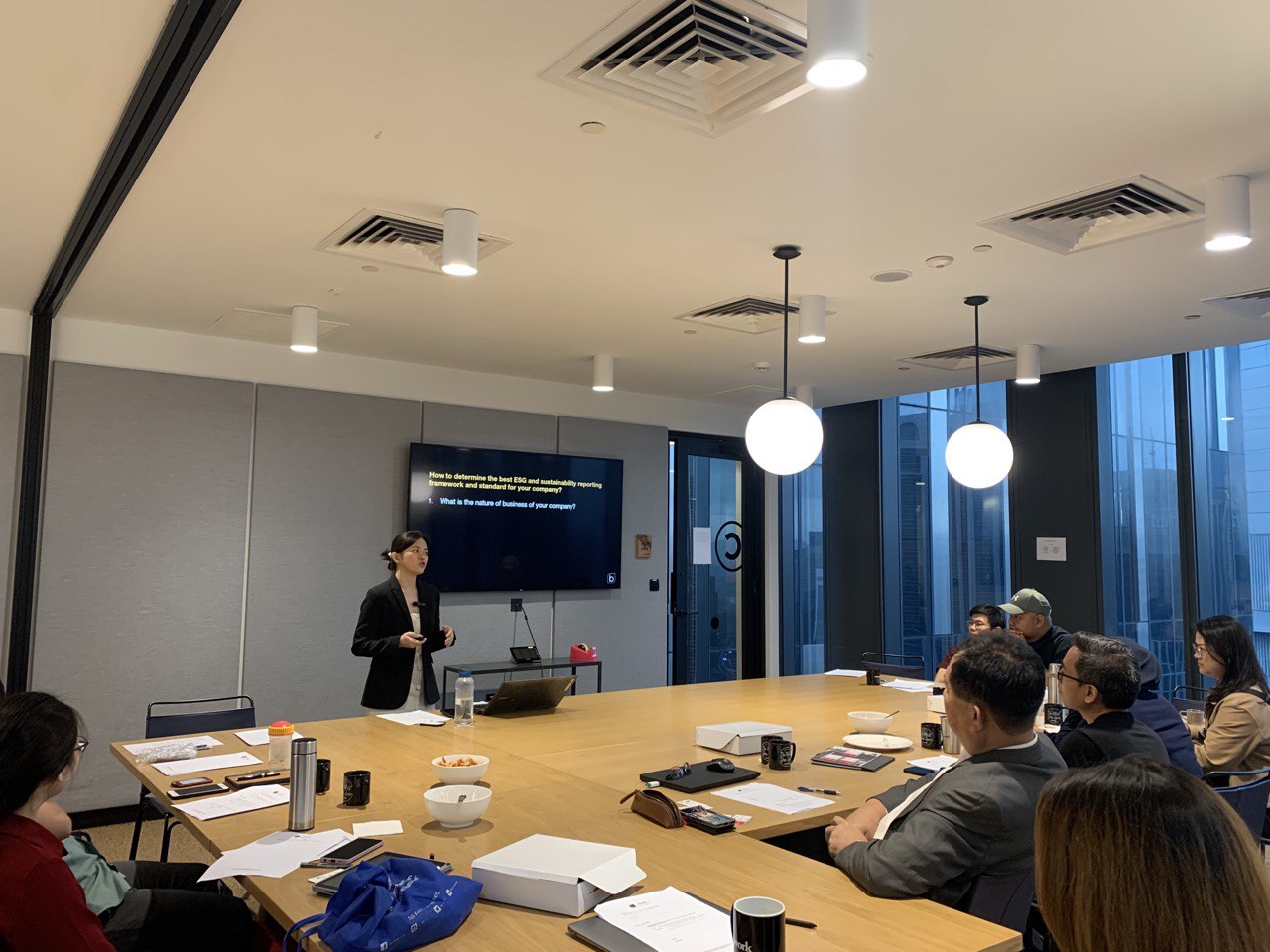If 2023 was the turning point of my life, then 2024 is the year when I learned about resilience. I discovered that the key to being resilient is self-acceptance: accepting your failures and bouncing back stronger.
What Is Self-Acceptance
Self-acceptance is exactly what it sounds like: accepting yourself completely, without any judgment. Practicing self-acceptance means being able to recognise and embrace all aspects of yourself, including your strengths and weaknesses.
We are accustomed to acknowledging others’ successes and failures, easily giving them praise and comments. However, oftentimes we fail to acknowledge who we are and to be comfortable with our imperfections. 99% of us are living in denial, and 99% of those individuals are not aware that they are living in denial.
Everyone Is Telling Me to Be Someone Else
I still remember clearly when I was in school; the English teacher assigned us homework to write an essay about our role model in life. Who did I want to be when I grew up? My mind always went blank for this kind of essay.
So, I picked a quality I wished to have and found a successful person who could represent that quality the most. The selections of role models were more or less the same:
- Resilience – Thomas Edison
- Leadership – Nelson Mandela
- Courage – Marie Curie
Without thinking too much, I copied their stories and related them to my personal experiences and dreams, hoping that one day I could be someone like them.
Seeing my friends excel in sports and academics, I also wanted to be like them—to be the multi-talented and likable student among teachers and fellow students. I studied hard, really hard, but I was not happy. I always had a sour face, and people perceived me as unfriendly and fierce. They called me “母老虎” (Tigress/Shrew). I did not like how I looked in photos, so I avoided taking pictures whenever I could. I didn’t realise that the mirror was reflecting my unhappiness.
I played many sports and never skipped any practice sessions. I played volleyball and table tennis for more than a decade but excelled in none of them. I thought that by working extremely hard, I could become whoever I wanted to be. No one told me that it was a delusion.
The Struggles of Facing Your True Self
Coaching brought a new perspective to my life. I had never felt so “naked” in front of myself; there was nowhere to hide. It was fight or flight.
The coaching culture at the company where I am currently working is like hiking Mount Kinabalu. The first two kilometres are still bearable, but the pain comes when you reach the third kilometre. The hiking guide will ask if you want to go back down; you can still do so. It’s your choice to continue hiking or return to the start.
From the fourth kilometre onward, you are welcomed by flora and fauna you couldn’t find anywhere else in the world. It’s a whole new world—exciting but still painful and increasingly so. I just had to grit my teeth and endure it until I reached the Panalaban Base Camp. A rest is much needed after the sixth kilometre to refuel for the summit attack the next day.
Rain, wind, and cold continue to torture you during the last three kilometres, but a magnificent sunrise awaits you at the peak. It’s a once-in-a-lifetime moment. The first ray of sun shines on your face, bringing warmth along with it. You will suddenly feel that it’s all worth it.
“Is working at BBC difficult?”
“Yes.”
“Then why do you continue?”
“Because I know that the outcome is a good one. I just need to keep going.”
I cried a lot. I was angry, sad, scared, and frustrated. These are the emotions I felt when facing my true self—accepting the flaws that I have and acknowledging that I am not perfect. No one wants to look at their weaknesses, and they are even more afraid to let others see them. So, I tried to bury them underneath, ignore them, or even worse—push so hard to prove that I am good at it.
The result? I burned out.
Practicing self-acceptance sets me free from the unnecessary emotional abuse I inflict on myself.
Embracing Self-Acceptance
I am not saying that admiring a role model or pursuing self-improvement is wrong. However, before that, we should learn to understand ourselves first. Instead of writing an essay titled “Who Do I Want to Be?”, let’s change the title to “Who Am I?”
Self-acceptance is step zero in personal development. When you acknowledge your true self, including your mistakes and shortcomings, you create a solid foundation for making meaningful changes in your life. Self-improvement comes later.
Only by embracing self-acceptance can I free myself from the constant need to compare myself to others. This shift allows me to focus on my own journey and values instead of measuring my worth against someone else’s standards.
I am not perfect—so what?
I am just at the beginning of my self-acceptance journey, and it’s a lifelong lesson. May you and I embrace self-acceptance and live happier lives.
Love,
Jia Xin






Leave A Comment